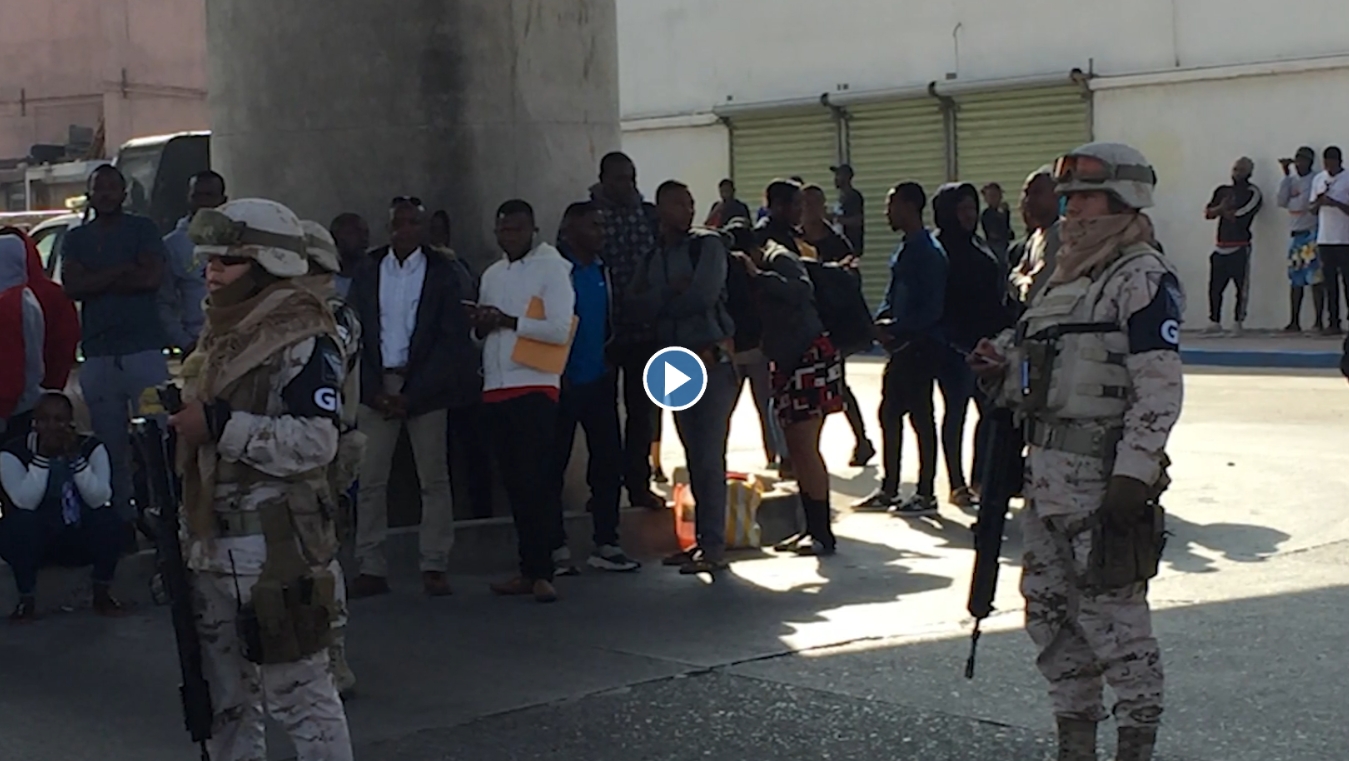Protests broke out after Cameroonian migrants in Tijuana blocked the path of Mexican immigration vans Tuesday morning before a deal could be struck. The Cameroonians have been complaining about Mexican authorities' refusal to accept migrants from Africa for transport to the U.S. side of the border, where they can officially declare asylum.
African migrants say that days have gone by with only the Central American migrants' numbers being called to receive transport, with some claiming that the Central Americans have been paying bribes to get a preferential status in the unofficial waitlist.
“It’s corruption plain and simple,” Beatriz, an asylum-seeker who asked that her last name not be published, said to KBPS after recently experiencing her number being skipped after two months of waiting. “I can’t wait another two months.”
The number of Africans registered by Mexican authorities has tripled in the first months of 2019 compared to 2018, according to Reuters. The thousands from Cameroon, among other African nations, are fleeing violence that, in Cameroon, has destroyed the lives of the English-speaking minority in the country. According to a human rights watch report in November 2018, the United Nations estimated that more than 244,000 civilians were displaced in the Far North and 437,500 in the Anglophone North West and South West regions due to the growing concern of attacks by Boko Haram, an Islamic militant group, and a worsening humanitarian crisis.
Those seeking asylum trekked through the Central American jungles and, according to KPBS, have run out of both money and time.
“We’ve been suffering for two months. We have nothing to eat. We’re sick. Everything is finished,” said Stanley, an asylum seeker who also asked for his last name to be withheld. Stanley was one of eight African asylum-seekers that were asked to meet with Mexican officials in order to end the protest.
A deal was reached to allow a group of African migrants to view the unofficial list each day in exchange for the immigration vans to proceed as normal. But the migrants have made it clear that if the other side of the bargain is not held up by Mexican officials, disruption would continue.
